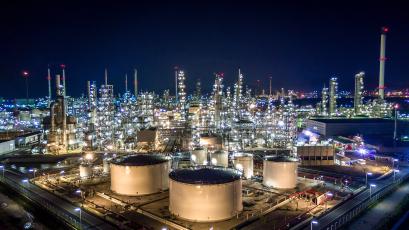The temporary enforcement policy announced by the Environmental Protection Agency (EPA) triggered criticism about some in the oil and gas industry getting a “license to pollute” during a public health emergency. That notion, however, is false. The policy does not relieve fuel and petrochemical manufacturers of any environmental protection obligations, but rather provides reasonable guidance to help them continue delivering essential products safely amid the pervasive spread of COVID-19.
While industries must continue to comply with all Clean Air Act and Clean Water Act emissions limits and requirements, what the EPA policy allows is reasonable flexibility in monitoring and reporting that may be impacted by and specifically traced back to coronavirus-related events. Relief largely comes in the form of filing extensions, similar to the extension the IRS recently provided all taxpayers.
This fast-moving pandemic requires dramatic and unprecedented shifts in how societies and businesses operate. The fuel and petrochemical industries have been deemed critical infrastructure by the U.S. Department of Homeland Security, and they need to be able to adapt operations to continue delivering products needed to minimize the impact of COVID-19 on society and our economy. The flexibility granted by the EPA is crucial as many of our facilities have made necessary changes to staffing — including remote working and physical distancing protocol — to protect the health and safety of our essential workforce.
EPA recognized this flexibility was also necessary to protect their staff – including government inspectors that must visit facilities – and ensure that they can focus on the protection of human health amid COVID-19 and not be overrun with questions on how routine monitoring and reporting requirements can be adjusted in this unprecedented situation.
Throughout this crisis, fuel and petrochemical manufacturers will continue to uphold their obligation to operate safely, report any emissions exceedances if they occur, and take immediate corrective actions. We also remain committed to the health and safety of our employees and the communities in which we operate.
To keep our essential workforce safe, our companies have set-up emergency response centers, medical teams and support groups, and launched communication systems that inform employees and, in some cases, communities about operational adjustments and emergency protocols in place. Considerations have been taken for staffing including regular disinfecting and cleaning, remote working, implementing social distancing for all personnel functions and ensuring zero to minimal contact between various staff shifts.
The EPA guidance recognizes that we are operating in unprecedented circumstances, and that critical industries like ours may need some flexibility to keep our workforce safe while delivering the critical products the world needs.


